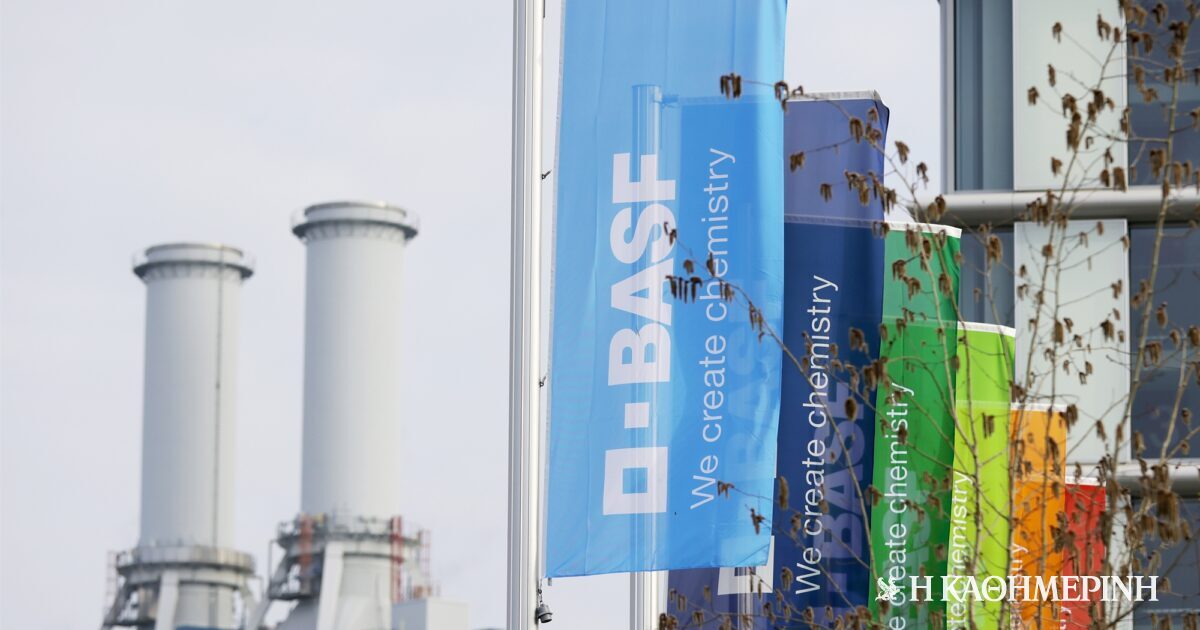
German chemical groups are investing in modern facilities and green technologies, but … outside Europe, the industry’s largest association has warned. “Investments in new facilities and new technologies are leaving Germany en masse,” says Michael Vasiliadis, president of IG-BCE, the construction, chemical and energy workers’ union, adding that the trend appears to have accelerated due to the energy crisis caused by the war in Ukraine. The big beneficiaries are China and the United States, which offer companies “complete packages” that, in addition to tax incentives, include access to green energy and fast regulatory processes.
Competition for foreign direct investment is increasing for European countries. Last year Germany suffered a record shortfall in corporate investment as companies invested abroad, according to the German Economic Institute, which described the situation as “alarming”. Meanwhile, Washington last year revealed significant support for investments in green technologies as part of the Inflation Reduction Act, which seeks to attract foreign direct investment in key sectors. In the same way, China supports certain industries, including the chemical industry, as confirmed by Mr. Vasiliadis. Beijing, which is facing a prolonged economic slowdown, particularly welcomes foreign direct investment in high-tech sectors such as advanced manufacturing, information technology and scientific research as it tries to push its industry up the “value chain” (value chain).
Vasiliadis, who serves as a union member on the supervisory board of Germany’s largest chemical manufacturer BASF, explains that the German chemicals group is a great example of a company investing in cutting-edge technology in China. The world’s largest chemical company is currently building a €10 billion petrochemical complex in Zhanjiang. Like the German group’s headquarters in Ludwigshafen, it will be equipped with “the latest technology” and “the highest standards of sustainability.” Meanwhile, the company warned that it would “permanently” reduce its European operations. The investment was made possible by the support of the Chinese authorities, who responded to the company’s demand for large amounts of cheap green energy by building a wind farm next to the site.
BASF has warned that it will “permanently” reduce its operations in Europe.
Along the same lines, Christian Fitz, co-head of chemicals research at Kepler-Chevro, says he doesn’t think new ammonia plants will be built in Europe, which plays a role in the zero-emissions economy through its role in hydrogen cars. Due to rising energy costs, BASF closed one of its two ammonia plants in Ludwigshafen.
Companies in the industry cannot afford not to invest in China, which accounts for about 43% of the global market, say officials from German chemical industry trade group VCI.
He added that German chemical groups’ investments in China have “expanded” in recent years, noting that a fifth of foreign investment from the industry ends up in the country.

“Total alcohol fanatic. Coffee junkie. Amateur twitter evangelist. Wannabe zombie enthusiast.”





More Stories
EXCLUSIVE: Xbox is shutting down Arkane Austin, Tango Gameworks, and more studios
Hades 2: One of the most anticipated games of 2024 was released without any warning!
The only time Lambros Konstandaras played on television was “Off” from Sports Sunday